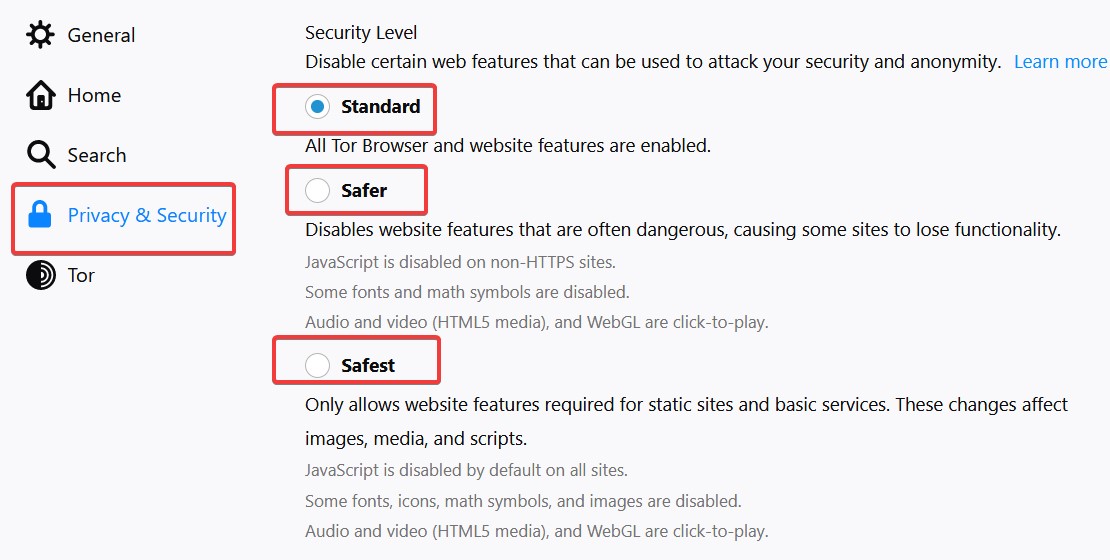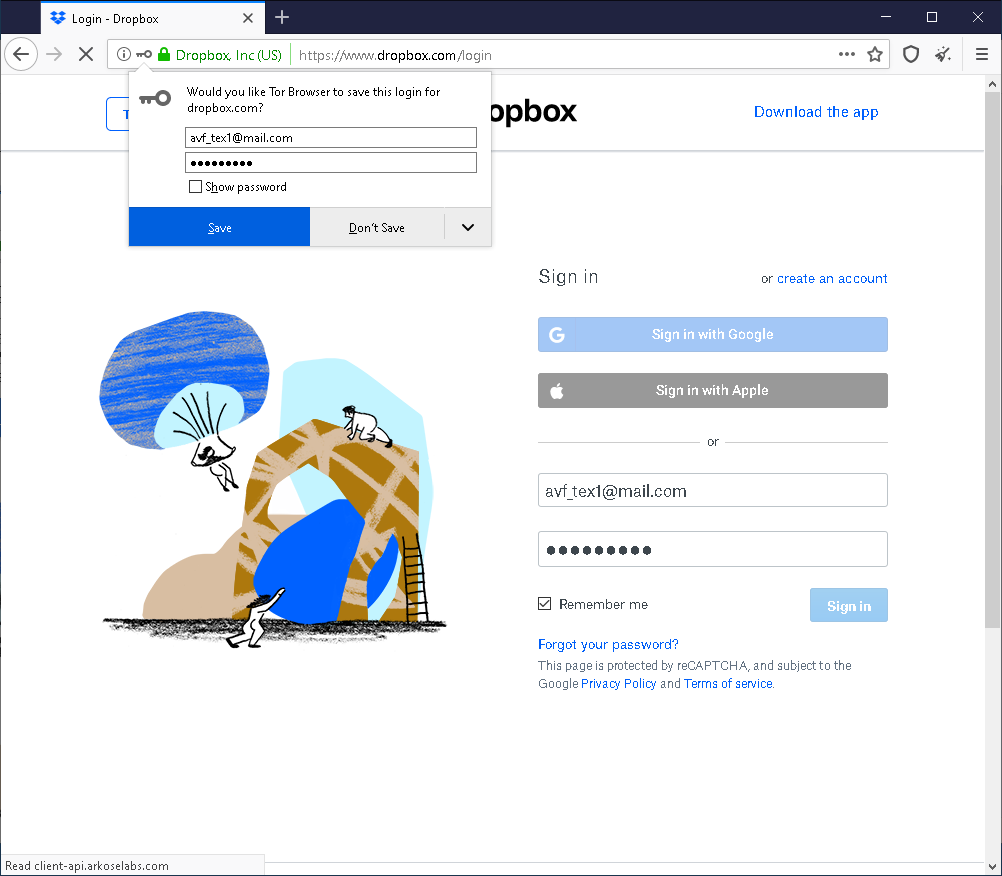
In other words: this browser makes it impossible - or at least very difficult - to identify Tor users. This means that, whoever is trying to identify you based on your online traffic, will just stumble on the last server your data traffic passed through (a.k.a. The traffic is heavily encrypted - and then slowly decoded - one layer at a time at the different nodes. When using Tor browser, your data goes through different Tor servers (or “nodes”). The browser makes use of Tor’s vast and worldwide server network to hide your IP and secure your connection. Tor aims to improve your online privacy and, up to a point, your security. These days, the Tor Project mainly focuses its attention on its browser and the development of a few other privacy tools, which we’ll touch on later. In 2006, the military dropped the project, which has since been handled by a non-profit. Navy to enable anonymous online communication for military organizations. Originally, the Tor network was developed by the U.S. Because of its ability to let you access the world wide web freely, some countries block Tor entirely. It also lets you access the dark web - the hidden and un-indexed websites on the internet. It erases your browsing history automatically with every session, and encrypts all your traffic.

Tor (short for “The Onion Router”) is a completely free, open-source browser that helps you surf the internet anonymously. In this article, we talk about how the Tor browser works, what you can use it for, and its advantages over other privacy-related solutions, like a proxy server. Its main offering, the Tor browser, is a web browser that lets users stay anonymous online and protects them from being tracked by hackers, internet service providers, and even corporations and governments.


VPN article will explain more about their differences.Īll NordVPN apps (minus Linux) even have the Dark Web Monitor feature, which will notify users if they’re personal information is uploaded to the dark web.The Tor Project is instrumental to true freedom on the internet. NordVPN encrypts all your internet traffic, while Tor is designed specifically for anonymous browsing. With one NordVPN account, you can protect up to six different devices: laptop, routers, smartphones, tablets, and others. In the meantime, NordVPN enhances your privacy, so it's a much safer option.Ī VPN is also faster than Tor and is much more suitable for daily use. In theory, a hacker or government could be running multiple Tor nodes and spying on users.
:max_bytes(150000):strip_icc()/tor-browser-check-fcf8aad4fe0a4a8093cf23f451c2cc20.jpg)
NordVPN allows you to choose from more than 5,500 servers in 59 countries, hopping between them with one click. When you connect to a VPN, your traffic is redirected through one of the servers of the VPN provider. While Tor and a VPN are both designed to protect users’ privacy, they also have key differences. What’s the difference between Tor and a VPN?


 0 kommentar(er)
0 kommentar(er)
